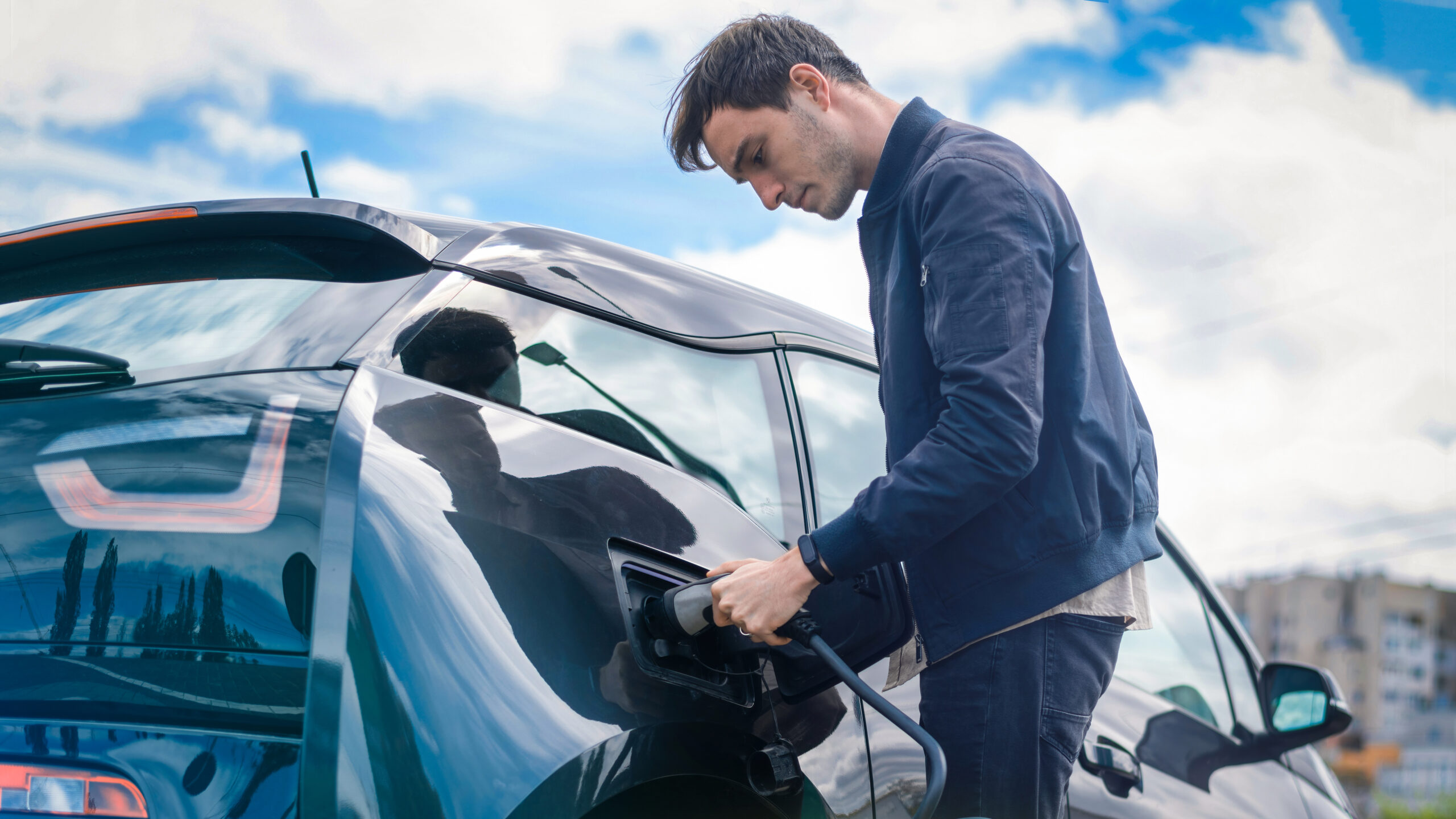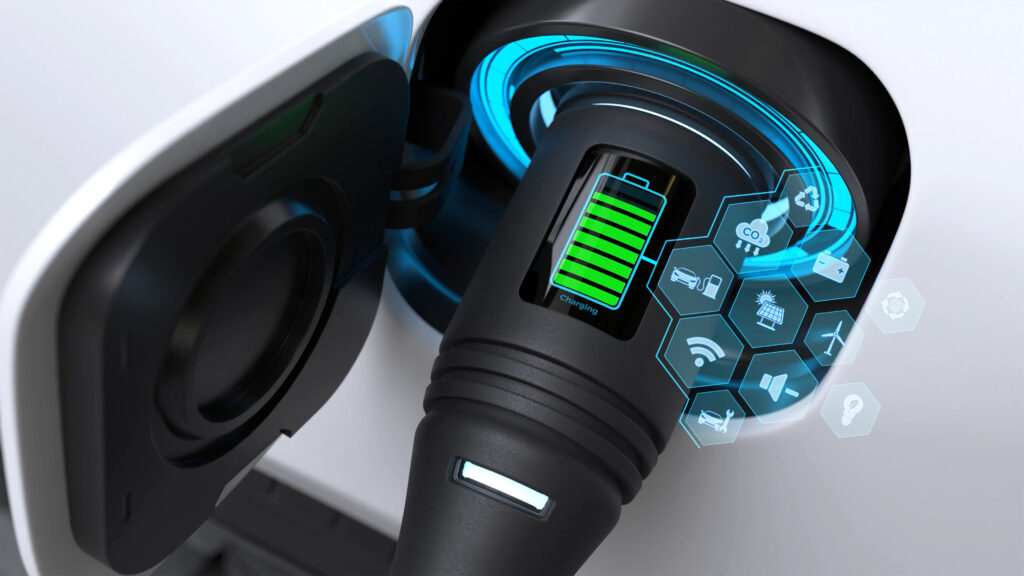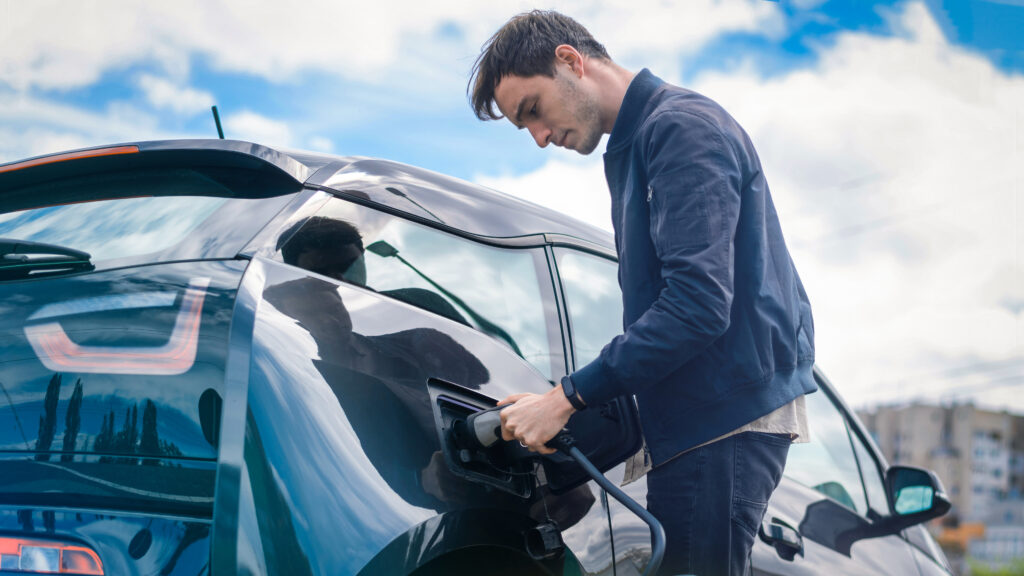
- 456 views
By andrew
As the popularity of electric vehicles (EVs) continues to rise, many prospective EV owners find themselves faced with the important decision of choosing the right EV charger and cable for their needs. The market offers a variety of options, each with unique features and capabilities. To ensure you make an informed decision, here are key factors to consider when selecting your EV charger and cable.

- Charging Speeds:
- Different EV chargers offer varying charging speeds. Level 1 chargers (120 volts) are typically slower, suitable for overnight charging at home. Level 2 chargers (240 volts) provide faster charging and are ideal for home use and some public charging stations. DC fast chargers deliver rapid charging and are commonly found along highways for long-distance travel.
- Different EV chargers offer varying charging speeds. Level 1 chargers (120 volts) are typically slower, suitable for overnight charging at home. Level 2 chargers (240 volts) provide faster charging and are ideal for home use and some public charging stations. DC fast chargers deliver rapid charging and are commonly found along highways for long-distance travel.
- Connector Types:
- EVs use different plug types for charging, such as Type 1, Type 2, CCS, CHAdeMO, and Tesla’s proprietary connector. Ensure compatibility between your vehicle and the charger by selecting the appropriate connector type.
- EVs use different plug types for charging, such as Type 1, Type 2, CCS, CHAdeMO, and Tesla’s proprietary connector. Ensure compatibility between your vehicle and the charger by selecting the appropriate connector type.
- Power Output and Capacity:
- Check the power output of the charger, measured in kilowatts (kW). Higher power outputs generally result in faster charging. Additionally, consider the capacity of the charger to ensure it meets the demands of your EV.
- Check the power output of the charger, measured in kilowatts (kW). Higher power outputs generally result in faster charging. Additionally, consider the capacity of the charger to ensure it meets the demands of your EV.
- Installation and Infrastructure:
- Assess your home’s electrical capacity and determine whether an upgrade is needed to support a higher-powered EV charger. Consider installation costs and whether you have the space and infrastructure for the selected charger.
- Assess your home’s electrical capacity and determine whether an upgrade is needed to support a higher-powered EV charger. Consider installation costs and whether you have the space and infrastructure for the selected charger.
- Smart Charging Features:
- Many modern EV chargers come equipped with smart features, such as smartphone integration, scheduling, and energy management. These features can enhance user experience and efficiency.
- Many modern EV chargers come equipped with smart features, such as smartphone integration, scheduling, and energy management. These features can enhance user experience and efficiency.
- Portability:
- If you plan to travel frequently, consider a portable EV charger. These units are compact and can be easily transported, allowing you to charge your vehicle wherever there’s a compatible power source.
- If you plan to travel frequently, consider a portable EV charger. These units are compact and can be easily transported, allowing you to charge your vehicle wherever there’s a compatible power source.
- Durability and Weather Resistance:
- Choose a charger and cable with durable construction and weather resistance, especially if you plan to install it outdoors. This ensures the longevity and reliability of your charging equipment.
- Choose a charger and cable with durable construction and weather resistance, especially if you plan to install it outdoors. This ensures the longevity and reliability of your charging equipment.
- Cost:
- Evaluate the cost of the charger, installation, and any potential electrical upgrades. Additionally, consider long-term savings associated with faster charging speeds and energy efficiency.
- Evaluate the cost of the charger, installation, and any potential electrical upgrades. Additionally, consider long-term savings associated with faster charging speeds and energy efficiency.
- Warranty and Support:
- Look for chargers with reliable warranties and customer support. This ensures that you have assistance in case of any issues with your charging equipment.
- Look for chargers with reliable warranties and customer support. This ensures that you have assistance in case of any issues with your charging equipment.
- Future-Proofing:
- Consider the evolving landscape of EV technology. Choose a charger that aligns with current standards and is adaptable to future developments, ensuring compatibility with upcoming EV models.
Conclusion:
Choosing the right EV charger and cable is a crucial step in enhancing your electric vehicle ownership experience. By carefully considering charging speeds, connector types, power output, installation requirements, smart features, portability, durability, cost, warranty, and future-proofing, you can make an informed decision that suits your lifestyle and meets the needs of your electric vehicle. Take the time to research and consult with professionals to ensure a seamless charging experience for years to come.

